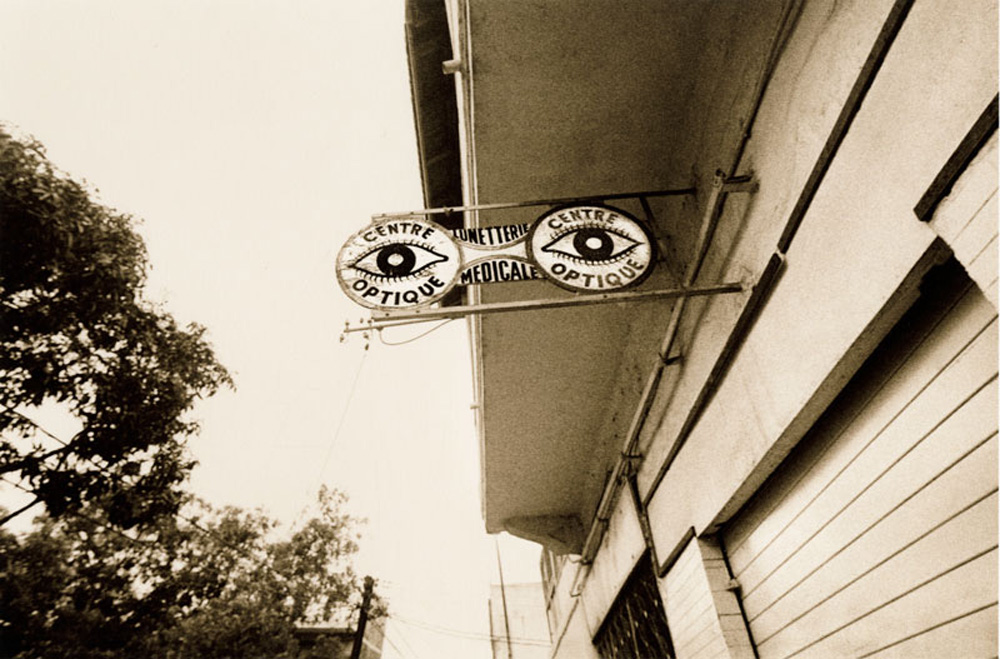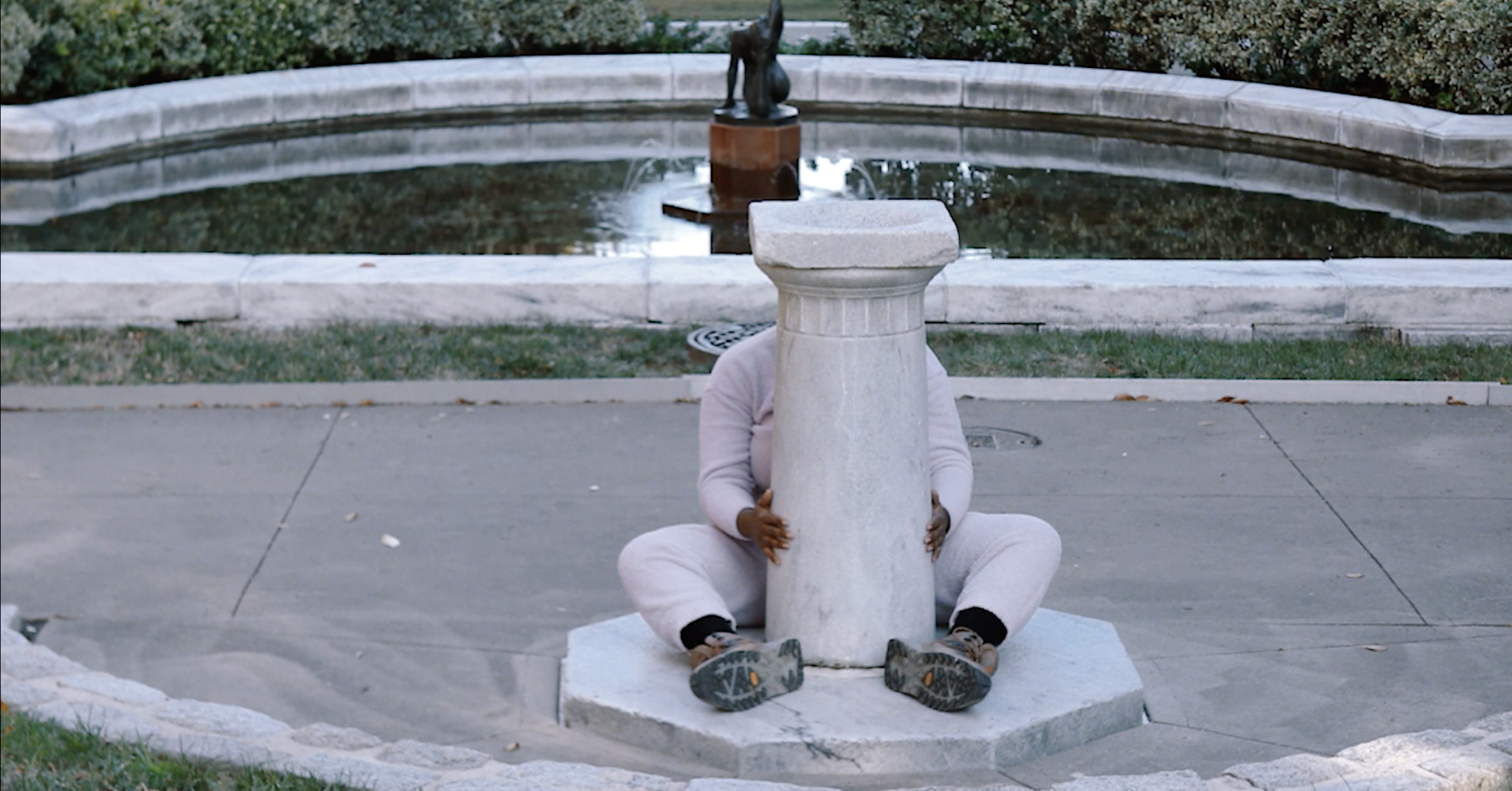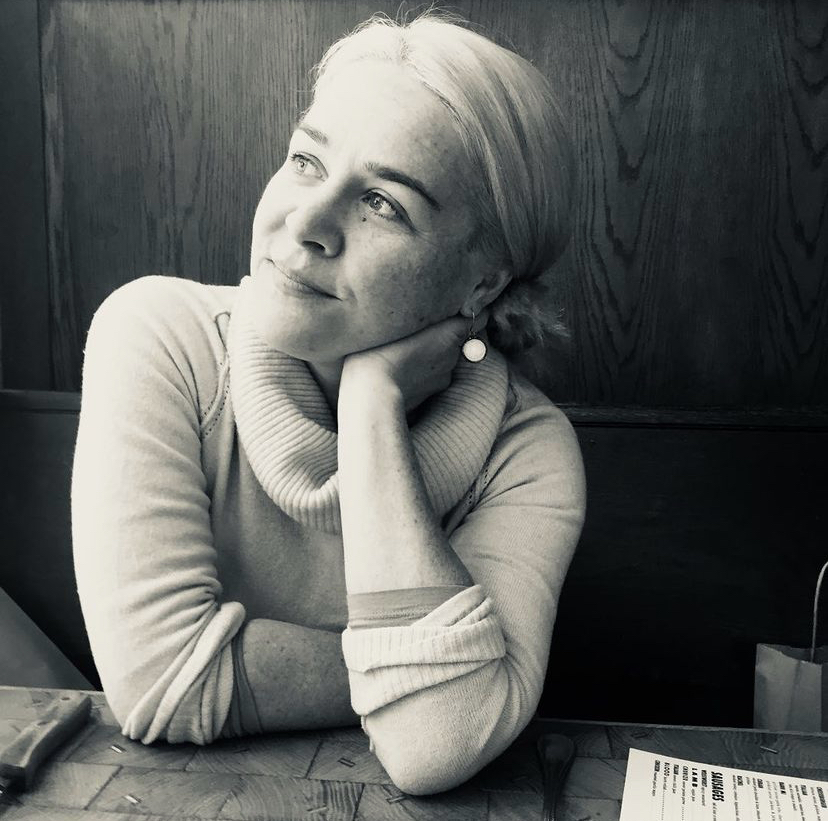Revisions: Celebrating 50 Years of the UMBC Photography Collections
Albin O. Kuhn Library GalleryThe Albin O. Kuhn Library Gallery presents Revisions: Celebrating Fifty Years of the UMBC Photography Collections, featuring highlights and lesser-known gems from UMBC’s considerable photography holdings. Looking back at a half-century of collecting, the exhibition offers thematic groupings and visual juxtapositions of photographs from the nineteenth century to the present. The display asks viewers to approach the history of photography with fresh eyes. Among the artists featured are Berenice Abbott, Diane Arbus, Cary Beth Cryor, Darryl Curran, Judy Dater, Robert Frank, Roland Freeman, Ralph Gibson, Lewis Hine, Lisette Model, and Alfred Stieglitz.



